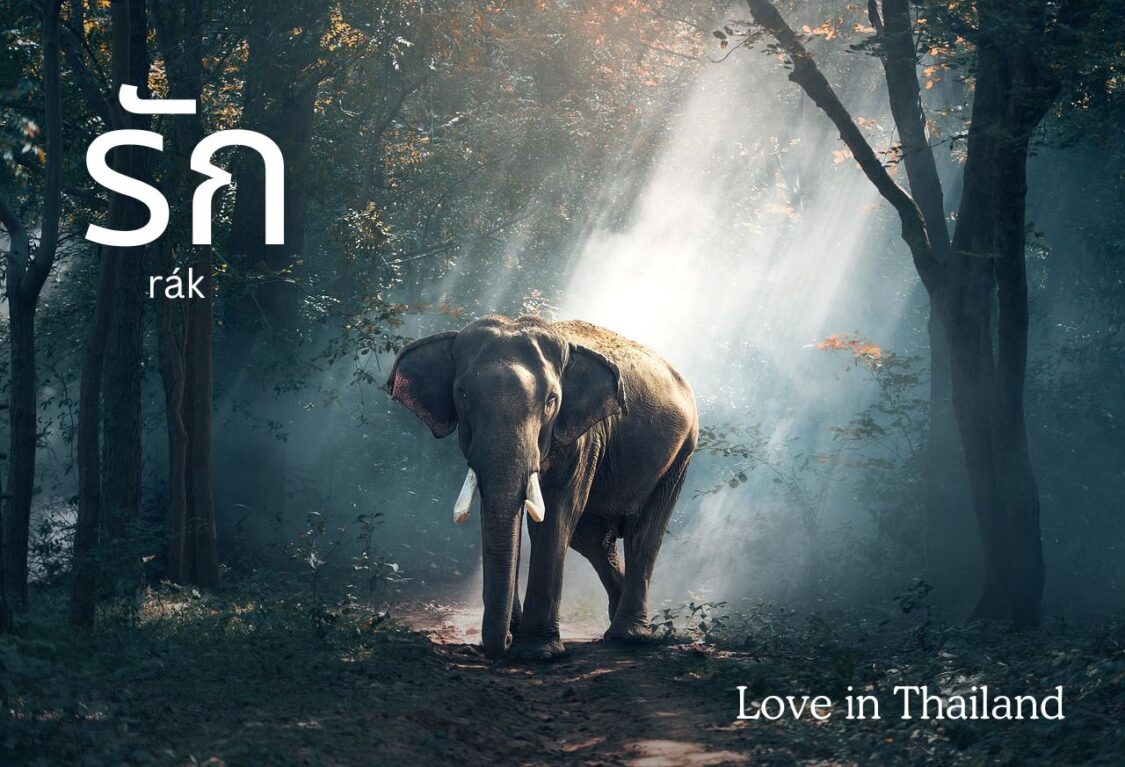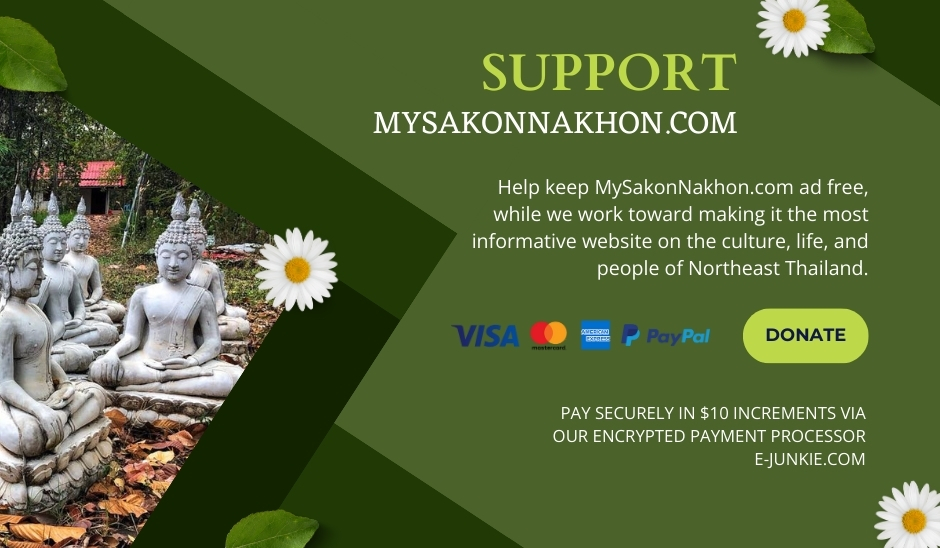
The Thai Word for Love: Its Cultural Meaning in Thailand

I’ve written before how the Thai language shapes Thai culture and the personality of the Thai people. For example, how the brevity of the language encourages concrete thought versus abstraction. Today, I’m going to talk about how the sound of a single word informs Thai culture. That word is “love”. Or as it’s said in Thai: “rák” (รัก), which is pronounced more like “ruck”.
I have long held the belief that how the word for “love” sounds in any language strongly reflects its people. The Italian “amore,” with its breathy vowel sounds at the beginning and end of the word demonstrates the romantic and operatic personality of the Italians.
That the French drop the Italian’s final vowel sound to create their word for love (“amour”) reflects their more earthy sensuality.
Meanwhile, the English word “love,” with its final “v” sound, which in linguistics is called a “fricative” (due to the friction necessary to produce the sound) evokes the often complicated and discordant way that English speaking people often show their love and navigate its waters.
So, what to make of the Thai word for love: “rák”? The sound of this word evokes something solid, foundational. It reminds one of the Thai word for family, krâwp-krua (ครอบครัว), the most important foundational element of Thai society.
It should come as no surprise then that the Thai person who has a fickle heart, and jumps from one partner to the next, is referred to as being “jai loh lay” (ใจโลเล), which has the opposite sound of the rock solid “rák,” evoking the image of a butterfly hopping from flower to flower — and funny enough, the English word “butterfly” has been borrowed by Thais also to refer to someone who is a playboy.
Some of you undoubtedly will have noticed that the Thai word for love, which I mentioned is pronounced “ruck,” rhymes with a certain F word in the English language. But the Thai word “rák” (รัก) has entirely different feel, as it begins with the rolling “r” sound versus the fricative “f” sound — yes, as with “love,” we once again see how the English language delights in friction.
The sound of the word “rák” also works perfectly in the middle of the sentence “I love you” in Thai, which when spoken by a man is “Phŏm rák teu (ผมรักเธอ), as it evokes a solid, enduring element which joins together two people in a foundational relationship.
Lastly, note that in the Isaan dialect of the Thai language the word for “love” is hák (ฮัก). In Isaan, there is no beginning “r” sound to words, and Thai words that begin with an “r” (like “rák”) sometimes begin with an “h” sound instead (learn more in our post on how to speak Isaan).
The Isaan word hák also evokes a solid foundation, combined with an uplifted feeling, which matches the light-hearted personality of the Isaan people and their spiritual aspirations — the Northeast of Thailand being the birthplace of the enlightened Forest Tradition of Thai Buddhism.
- The Hidden Dharma of Thai Language & Culture - May 11, 2024
- The Royal Ploughing Ceremony in Thailand – A History - May 8, 2024
- Dying Well the Buddhist Way in Thailand - May 7, 2024




